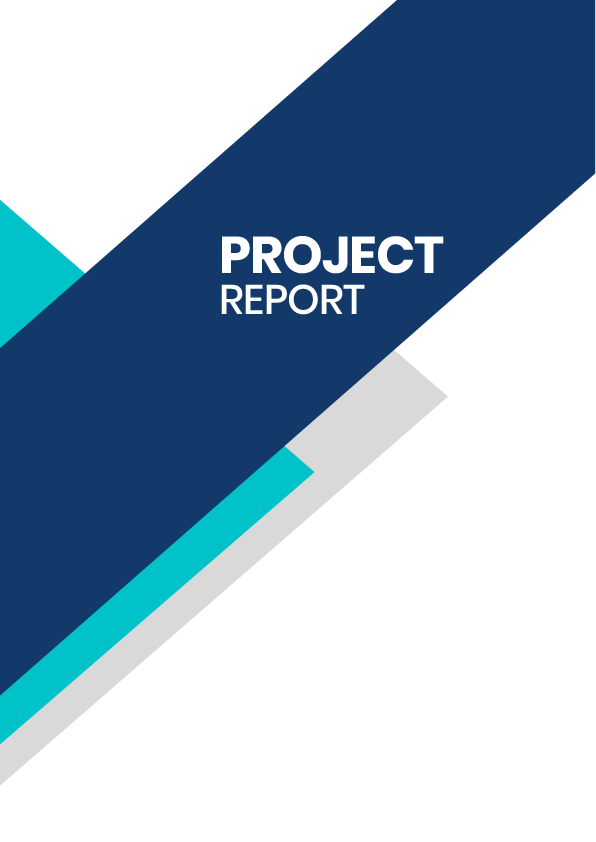Related Keywords
- Farming Tools
- Agricultural Equipment
- Farm Machinery
- Crop Cultivation Tools
- कृषि उपकरण
- खेती के औजार
Market Feasibility & Business Potential of Agricultural Implements
- You can enter a global ₹15 lakh crore and Indian ₹1 lakh crore market for agricultural implements, growing 6% each year.
- You can supply tools like plows as mechanization helps 60% of India’s farmers work faster and grow more crops.
- You can focus on northern states like Punjab and Haryana, where rice and wheat farmers need seeders and harvesters.
- You can sell implements in Tier 2 and 3 towns, where just 40% of farmers use modern equipment.
- You can open dealerships, rent tools, or manufacture plows to meet the needs of small farmers.
- You can access subsidies through the Sub-Mission on Agricultural Mechanization to support your business.
- You can invest ₹50 lakh for a dealership or ₹2–5 crore for a factory, using bank loans to start.
- You can operate in 1,000–5,000 sq.ft with lathes and 5–20 workers to produce implements.
- You can obtain BIS certifications and environmental permits for ₹20,000–₹50,000 to follow safety rules.
Trends, Profits & Entrepreneurial Benefits of Agricultural Implements
- You can add IoT sensors to plows to check soil conditions, improving crop yields by 10–15% with smart farming.
- You can sell solar-powered harvesters that save 30% on fuel costs, meeting the demand for eco-friendly tools.
- You can produce implements locally, as India cuts 20% of its import dependency through government support.
- You can earn money by selling implements, leasing plows for ₹5,000 monthly, fixing tools, and supplying spare parts.
- You can set prices for seeders at ₹50,000–₹2 lakh, using local steel at ₹80/kg to keep costs low.
- You can gain 25–40% profits on harvesters (₹5–10 lakh) and 50% on small tools (₹5,000).
- You can target niches like custom seeders in Tier 3 towns, where 40% of farmers lack modern equipment.
- You can sell and repair implements all year, serving the steady needs of 60% of India’s farmers.
- You can profit from reselling used plows for ₹20,000 and build a loyal customer base for repeat sales.
Best Project Report for Agricultural Implements Business – Get Bank-Ready Reports in Minutes!

Need expert service?
Please send a WhatsApp message to us, and our team of experts will guide you in creating a project report for bank loan.
Create Your own project report in less than 10 mins.
- Unlimited edits
- Unlimited downloads
- Up to 10 years of projections
- 20+ pages

Frequently asked questions
Everything you need to know about the product and billing.
Finline is an online tool for creating a project report for bank loan online and see the report for free online. You only need to pay for downloading the report.
Can I change my plan later?
Yes , ofcourse you can upgrade from a lite plan to a pro at anytime.
Can I edit the report after download ? is it chargeable?
You can do unlimited edits even after download without any extra payment.
What is the ‘lite’ and ‘pro’ plan ? Is it subscription based plans?
Lite and Pro are just individual report download plans , not subscription plans.
Do I require a CA seal & Stamp for getting a loan?
Not at all, project report is a business plan about your business and it should be prepared by an entrepreneur . Nobody can predict and certify a business which is going to happen in the future.
Can I get any assistance from your team?
Yes of course, you can go to the help section in all pages were you can find chat button for seeking support.
Can I get a project report format for bank loan through Finline?
Yes! Finline provides a ready-to-use project report format for bank loan. You can create it online, see it for free, and download it instantly for your loan application. This makes your project report format for loan easy to complete in just a few steps.
Do you provide a project report format for bank loan in excel?
Yes. Finline offers a project report format for bank loan in excel that is easy to edit and customize. You can also download a project report format for loan in excel if you prefer working offline.